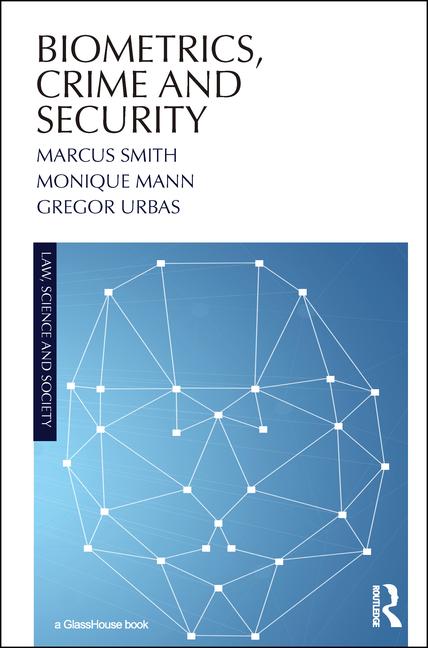In a recent case decided by the United States District Court for the Northern District of Texas, the plaintiff alarm company filed an action against one of its dealers and its owner (“the defendant”) alleging that after the parties terminated their relationship, the defendants began soliciting the plaintiff’s customers in violation of the restrictive covenants contained in the Alarm Monitoring Purchase Agreement (AMPA).
The plaintiff alleged that it entered into a dealer relationship with the defendant pursuant to which defendant sold security alarm equipment to individual customers and then assigned the related alarm monitoring contracts to the plaintiff under the terms of the AMPA. The AMPA contained various restrictive covenants prohibiting the defendant from soliciting the plaintiff’s customers for a period of 15 years. The parties agreed that the amount of damage resulting to the plaintiff from a violation was difficult to ascertain and quantify, and therefore the defendant acknowledged and agreed that the plaintiff would be entitled to liquidated damages from the defendant in the event of any affected contract’s monthly payment from defendant to plaintiff multiplied by 50.
The defendant further agreed under the AMPA that during the term of the agreement and for a period of 24 months following the termination or expiration of the agreement, that neither it nor any of its shareholders, partners, members, owners, officers, directors, agents or employees shall solicit, market or sell alarm monitoring services or contracts to any current customer(s) of the plaintiff.
In its complaint, the plaintiff alleged that within days after the parties terminated their relationship, the defendant began soliciting the plaintiff’s customers in violation of the restrictive covenants contained in the AMPA. In its complaint the plaintiff alleged claims for breach of contract and tortious interference with existing contracts against the defendant.
The defendant filed motions to dismiss.
With respect to the claim for breach of contract under Texas law, the court pointed out that a plaintiff must allege facts sufficient to show: 1.) the existence of a valid contract; 2.) performance or tendered performance by the plaintiff; 3.) breach of the contract by the defendant; and 4.) damages sustained by the plaintiff as a result of the breach. The defendant argued that the plaintiff’s complaint failed to adequately allege sufficient details regarding the nature of the alleged breach of the AMPA’s restrictive covenants. Specifically, the defendant contended that the complaint lacks factual allegations pertaining to: 1.) the identity of the customers allegedly solicited; 2.) the dates on which the alleged solicitation occurred; and 3.) whether the alleged solicitation was in violation of the 15-year restriction on solicitation of accounts originated and sold by the defendant to the plaintiff, or whether it was in violation of the two-year restriction on solicitation of any of the plaintiff’s customers.
The court determined that the complaint identified the AMPA as a valid, binding contract, and that the allegations afforded the defendant adequate notice of the alleged conduct on which the plaintiff’s claims were based. Specifically the court pointed out that the complaint alleged that the AMPA prohibited the defendant from soliciting alarm monitoring business on any customer account that the defendant originated and sold to the plaintiff for a period of 15 years and further prohibited the defendant from soliciting such business from any customer for a period of two years after the termination of the AMPA.
The court declined, in the current procedural context, to resolve any disputes regarding the proper interpretation of the various provisions of the AMPA, pointing out that whether the plaintiff ultimately prevails on its interpretation of the agreement is a matter for summary judgment or trial. Therefore the court denied the defendant’s motions to dismiss the breach of contract claims.
With reference to the tortious interference claim, the court further concluded that the plaintiff had adequately stated a claim for tortious interference with an existing contract. Therefore the court denied defendant’s motions to dismiss plaintiff’s claims for tortious interference with an existing contract.









